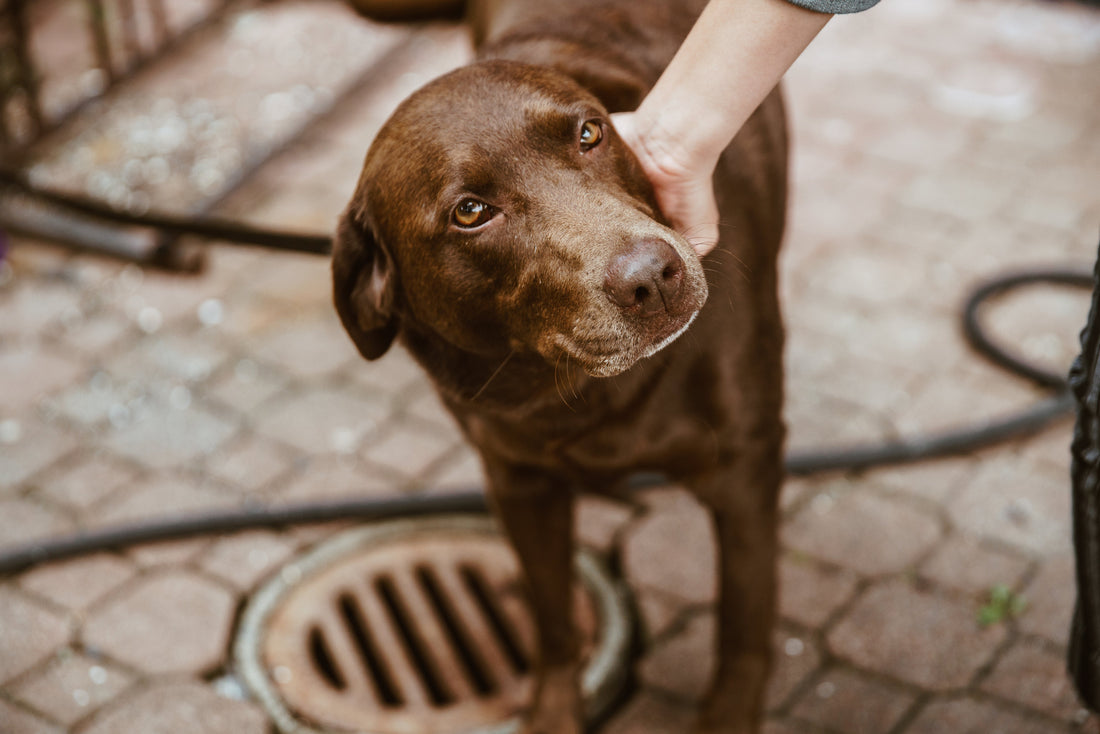When your pooch starts to chow down on their supper, you might wonder how long it takes for a dog to digest food. Generally, dogs digest their food much quicker than we do. The simple answer is around 6 to 10 hours, but this depends on a number of factors including, but certainly not limited to, the type of food, how healthy your furry friend is, and what size they are. Understanding your pet’s digestive system can help you spot issues that might be causing them discomfort and prevent future digestive problems.
How is Food Digested by Dogs?
The digestive period starts as soon as your dog takes a bite of food, and ends when they, well, eliminate the waste. Each component of the digestive tract plays a different role in the process with the ultimate goal of absorbing important nutrients to give your dog all of the energy and healthy nourishment they need.
- Mouth: Digestion begins in the mouth where food is broken down.
- Oesophagus: Food passively moves down to the stomach.
- Stomach: Hydrochloric acid and digestive enzymes break down most of the food. Muscular contractions mix the food with acid and enzymes.
- Pancreas and Liver: The pancreas secretes enzymes aiding digestion and regulating blood sugar, while the liver breaks down toxins, oils, and fats.
- Intestinal Tract:
- Small Intestine: Absorbs nutrients and water into the bloodstream.
- Large Intestine: Forms waste from undigested food and dietary fibre.
- Rectum: Stores waste until elimination.
Dogs have more stomach acid than humans, making it easier for them to break down foods we cannot.
How Long Does It Take Dogs to Digest Food Compared to Humans?
From gobbling up their dinner to doing the potty dance, it doesn’t take long for a dog to digest food. On average, the entire process takes around 6 to 10 hours. In comparison, it takes humans around 24 to 72 hours to fully digest food.
Factors That Impact Digestion Time in Dogs
- Food Type: Wet food and high-protein meals digest faster than dry food and grains.
- Breed Size: Smaller breeds digest food faster due to shorter digestive tracts.
- Age: Puppies digest food quicker (around 4 hours), while older dogs take longer (up to 10 hours).
- Health: Gastrointestinal issues, parasites, or immune disorders can slow digestion.
Digestive Problems in Dogs
Signs of digestive issues include difficulty going to the toilet, drooling, or changes in eating habits. Common digestive problems are:
- Acute Gastroenteritis
- Colitis
- Constipation
- Diarrhoea
- Pancreatitis
- Parasites
Promoting Healthy Digestion
- Healthy Diet: Feed high-quality, natural food that includes necessary proteins, vitamins, and fibre.
- Consider Grain-Free Food: For sensitive tummies, grain-free options may help.
- Hydration: Ensure your dog drinks plenty of water, especially if they eat dry food.
- Exercise: Regular activity aids digestion. Avoid feeding right before or after exercise.
- Supplements: If necessary, supplements can help but should be approved by a vet.
Conclusion
How long it takes for a dog to digest food varies, with smaller or younger dogs digesting meals in 4-6 hours, and larger or older dogs taking up to 10 hours. Maintaining healthy habits and a balanced diet ensures smooth digestion. If there are any changes in your dog’s eating or toilet habits, consult your vet to rule out serious issues.

